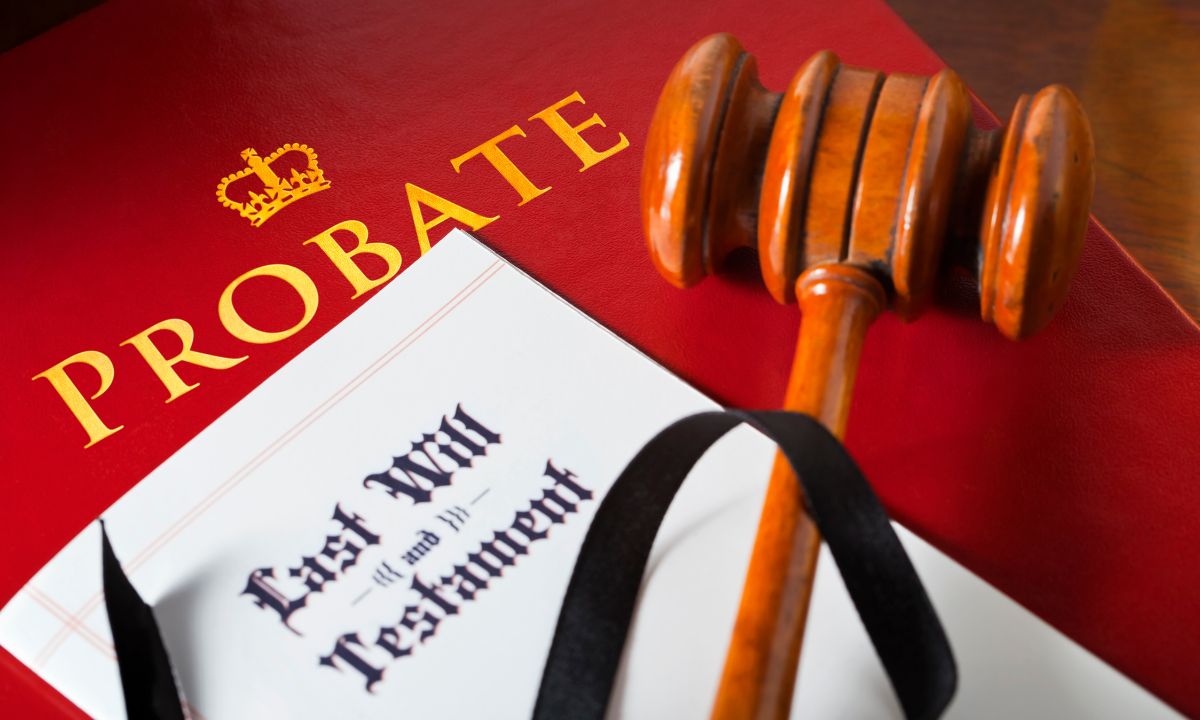 The probate process is often a key concern for those dealing with real estate after the death of a loved one. Whether you’re buying or selling a probate property, understanding the steps involved can help you navigate the transaction more smoothly. Here’s a simplified guide to the probate process and some strategies for avoiding it.
The probate process is often a key concern for those dealing with real estate after the death of a loved one. Whether you’re buying or selling a probate property, understanding the steps involved can help you navigate the transaction more smoothly. Here’s a simplified guide to the probate process and some strategies for avoiding it.
Steps in the Probate Process
- Initiate Probate: The process begins by filing legal documents with the probate court. This officially starts the process of managing the deceased person’s estate.
- Court Appoints an Executor: If the deceased did not name an executor in their will, the court will appoint a personal representative to oversee the estate.
- Inventory Assets: The executor must compile a detailed inventory of the estate’s assets, including real estate, personal belongings, and financial accounts.
- Notify Creditors: Creditors are notified so they can submit claims for any debts owed by the estate. This ensures all obligations are settled before distributing the assets.
- Pay Debts and Taxes: The estate pays off debts and any applicable taxes. This includes estate taxes and any outstanding bills related to the deceased person’s affairs.
- Distribute Remaining Assets: After all debts and taxes are cleared, the remaining assets are distributed to the rightful beneficiaries according to the will or state law.
Avoiding Probate
Since probate can be time-consuming and expensive, many people look for ways to avoid it. Here are a few strategies commonly used:
- Revocable Living Trust: Assets placed in a living trust avoid probate, as they transfer directly to beneficiaries.
- Joint Tenancy: Property owned jointly with rights of survivorship automatically passes to the surviving owner when one passes away, bypassing probate.
- Named Beneficiaries: Accounts like life insurance, retirement funds, and pensions with designated beneficiaries can transfer directly without going through probate.
- Community Property with Right of Survivorship: In community property states, assets owned by a married couple pass directly to the surviving spouse.
Probate Assets vs. Non-Probate Assets
- Probate Assets: These include property solely owned by the deceased, such as real estate or personal items not held in a trust or joint tenancy. These assets must go through probate to transfer ownership.
- Non-Probate Assets: These are assets that automatically pass to heirs outside of probate, like assets in a trust, joint accounts, and accounts with named beneficiaries.
Costs and Fees
Probate involves various costs, including court fees, attorney fees, and administrative expenses. These are usually paid from the estate before distributing assets to the beneficiaries. However, smaller estates may qualify for a simplified probate process, which can reduce these costs.
While probate can be a complex and lengthy process, it’s important to know your options and the steps involved, especially if you’re buying or selling a probate property. Avoiding probate where possible can help make estate planning easier for loved ones, but when probate is required, working with an experienced realtor and legal professional can help make the process as smooth as possible.

